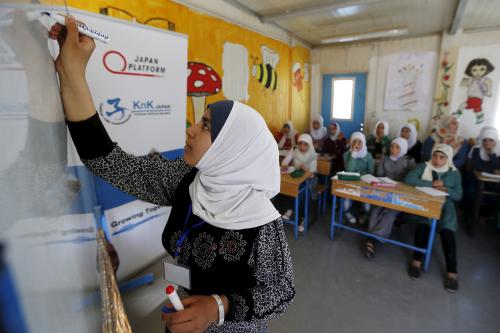

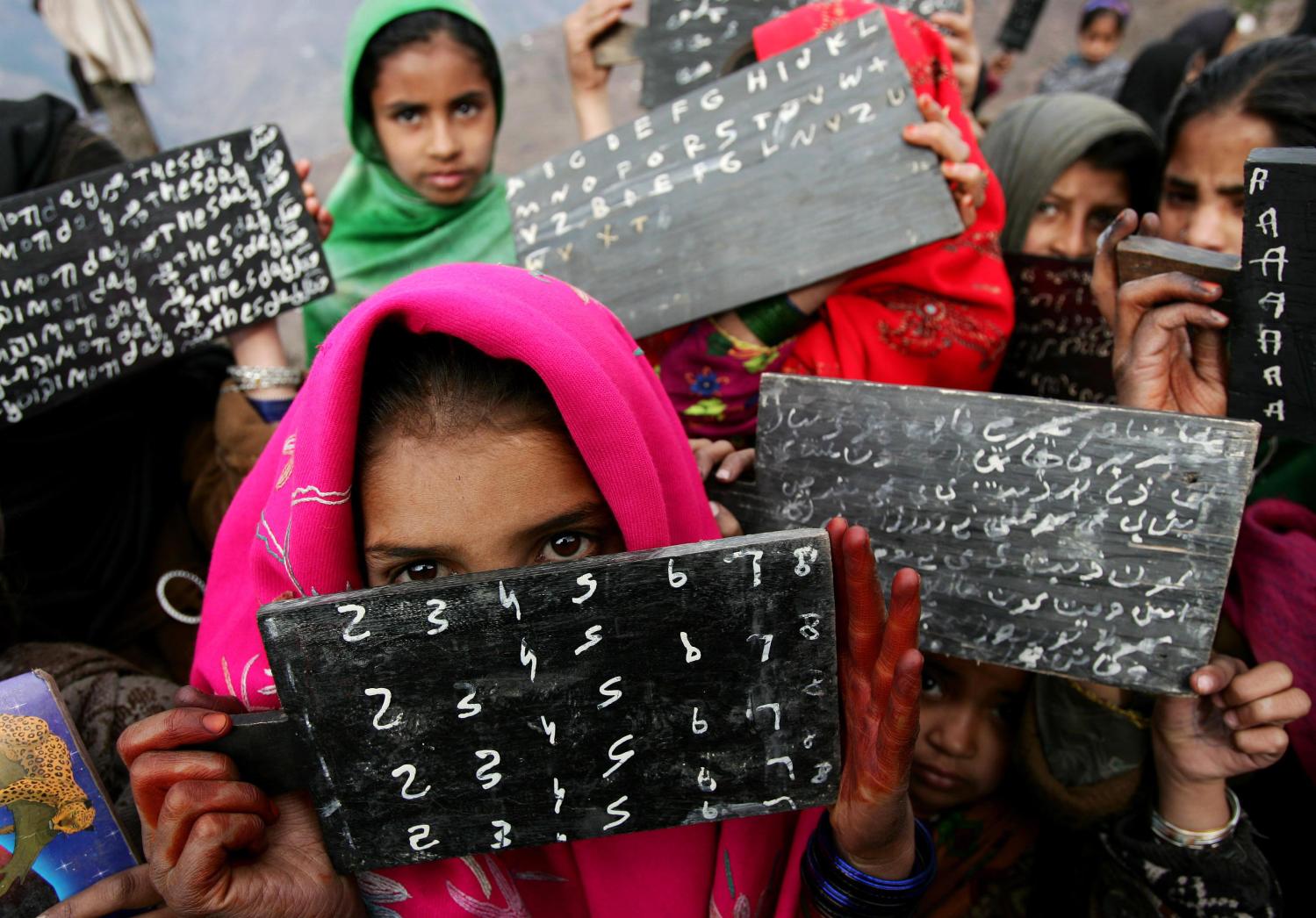
To meet the ambitious education targets specified in Sustainable Development Goal 4, countries need to accelerate their progress on education quality. Access to education has improved the world over since the adoption of the Millennium Development Goals, but many children in school are not learning the basics in reading and writing. Furthermore, they often spend little time on important 21st century skills.
The Learning Metrics Task Force (LMTF) was a multistakeholder collaboration, led by the UNESCO Institute for Statistics and the Center for Universal Education at Brookings, which worked to improve learning outcomes for children and youth worldwide. The LMTF focused specifically on strengthening assessment systems and the use of assessment data in service of moving the global agenda from access to education toward access plus learning and helping countries improve their assessment systems.
The LMTF worked in two phases. The first phase (LMTF 1.0) focused on catalyzing global dialogue and developing a series of recommendations on learning assessments. The second phase (LMTF 2.0) focused on implementing the task force’s recommendations. Now the SDGs are in place, the LMTF has officially sunset. While the LMTF is no more, the research and consensus built by LMTF and the community of practice it convened will continue long into the future.
The Center for Universal Education has also contributed to four projects which grew out of the LMTF: Skills for a Changing World; Measuring Early Learning Quality and Outcomes; Measuring Global Citizenship Education; and Breadth of Learning Opportunities.
The Sunset of the LMTF

Kate Anderson, Silvia Montoya
May 16, 2016
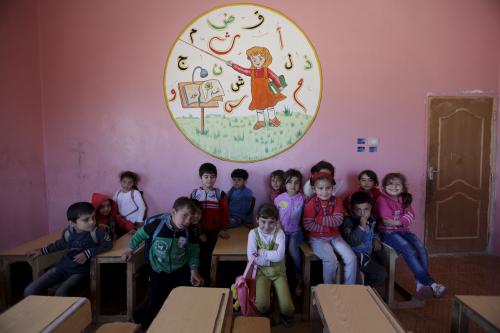
Kate Anderson, Albert Motivans, Tyler Ditmore
May 31, 2016
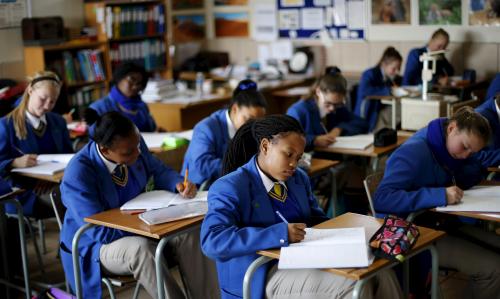
Kate Anderson, Joshua Muskin
February 13, 2018
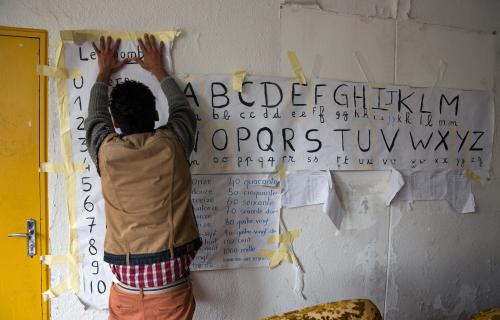
Kate Anderson, Tyler Ditmore
November 16, 2016
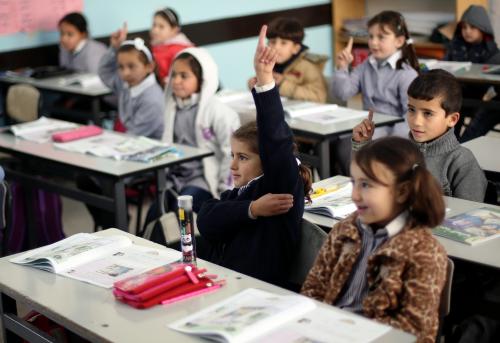
Kate Anderson, Helyn Kim, Seamus Hegarty
February 23, 2018
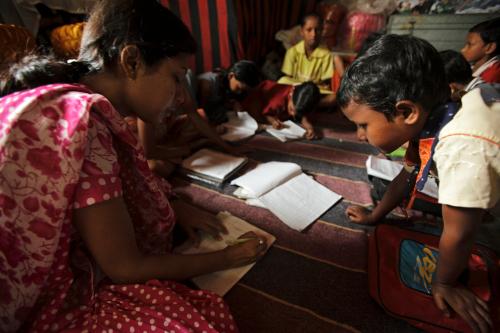
Kate Anderson, Tyler Ditmore
February 13, 2018
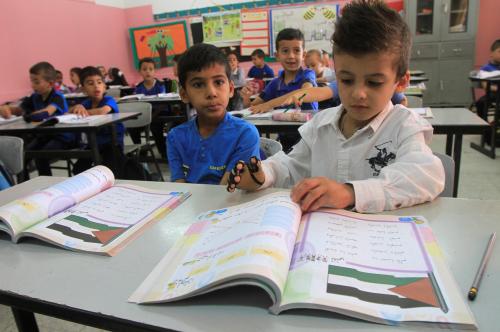
Tyler Ditmore, Kate Anderson
November 21, 2016
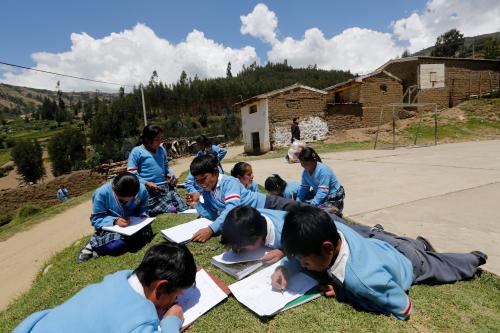
Kate Anderson, Tyler Ditmore
November 16, 2016
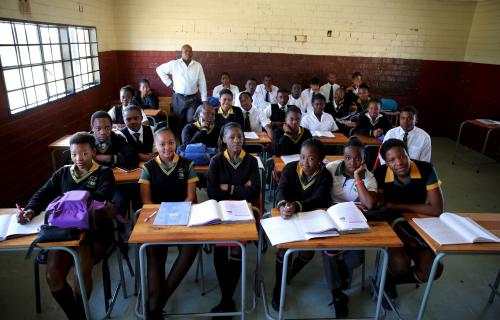
John Mugo
June 30, 2016

Kate Anderson, Albert Motivans, Tyler Ditmore
May 31, 2016

Kate Anderson, Silvia Montoya
May 16, 2016
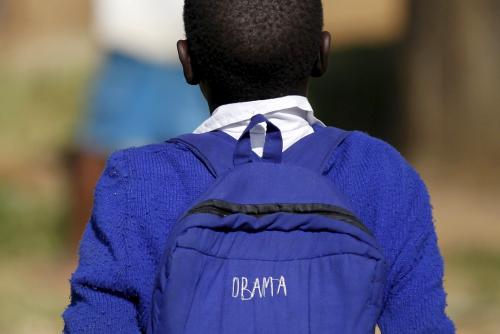
Elisheba Khayeri, Kate Anderson
March 28, 2016
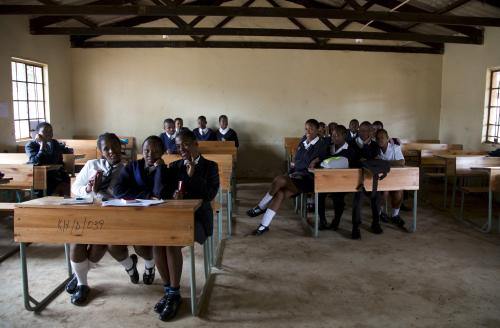
Tyler Ditmore, Kate Anderson
February 10, 2016
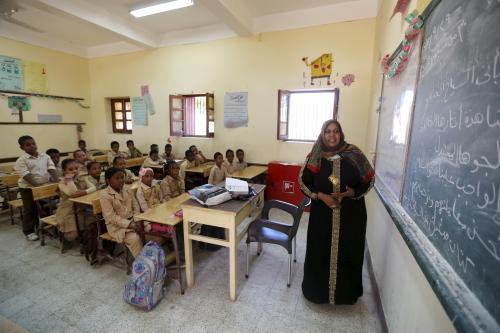
Rebecca Winthrop
December 3, 2015
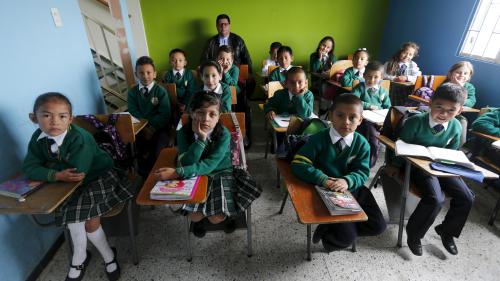
Mercedes Miguel
November 5, 2015

Fabiola Lara, Kate Anderson
October 7, 2015
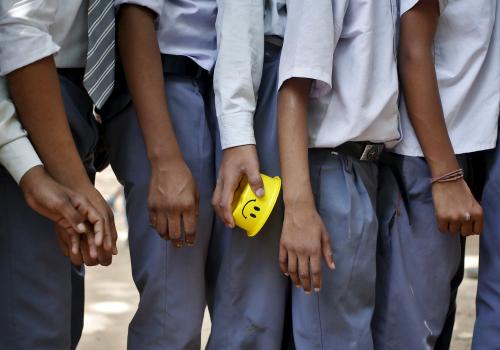
Vyjayanthi Sankar, Research Consultant
September 14, 2015

Tamika Abaka-Wood
May 11, 2015
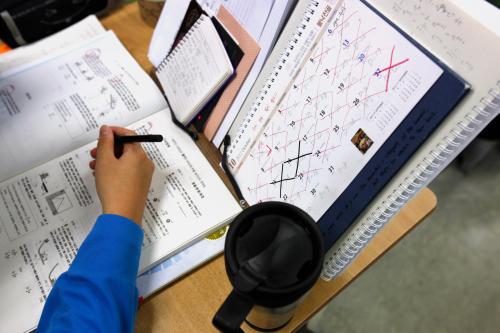
Joshua Muskin
March 31, 2015
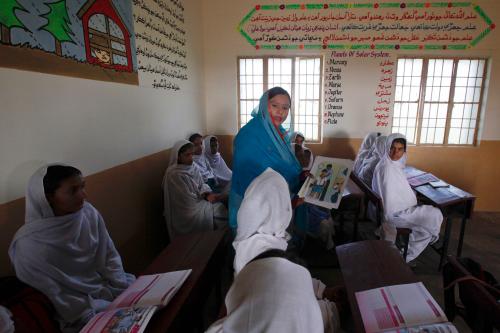
Baela Jamil, Saba Saeed
March 27, 2015
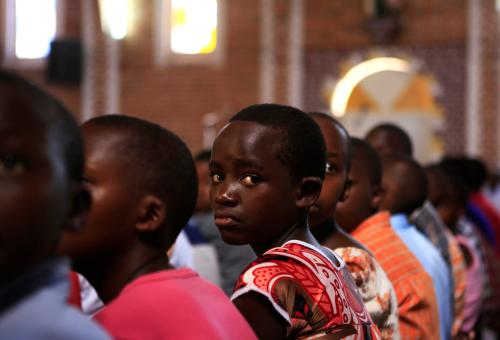
Annie Kidder
March 9, 2015
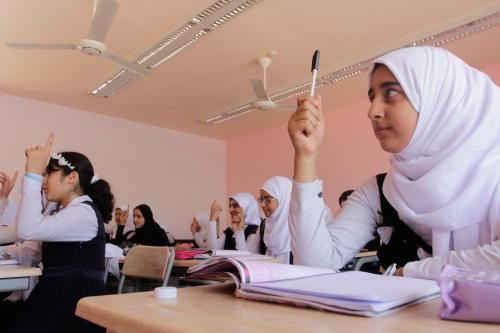
Joshua Muskin
January 27, 2015
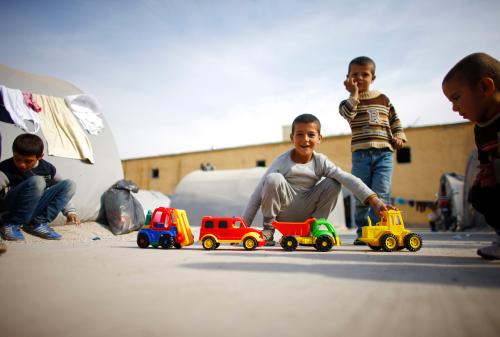
Abbie Raikes, Kate Anderson, Tamar Manuelyan Atinc
November 17, 2014
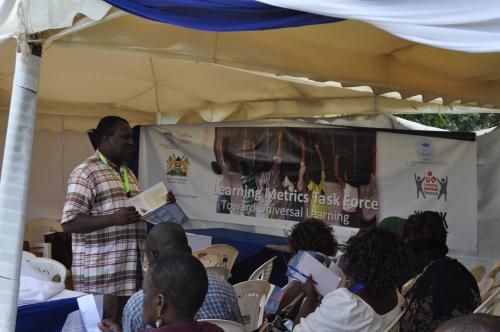
Kate Anderson
August 22, 2014
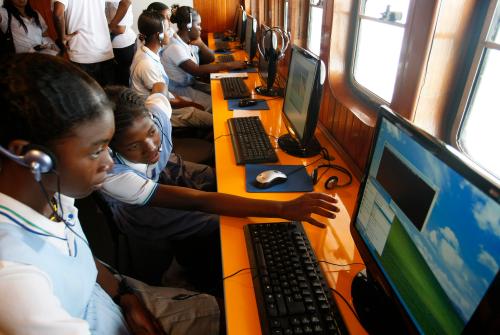
David Crone, Chernor Bah
August 6, 2014
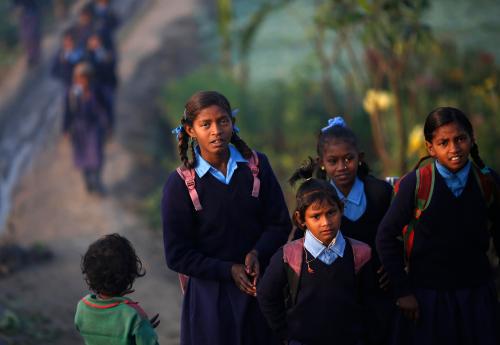
Rukmini Banerji
May 22, 2014
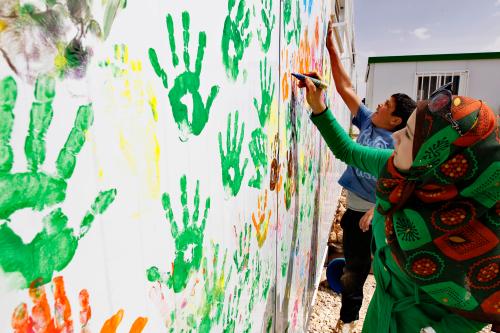
Kate Anderson, Rebecca Winthrop
April 15, 2014
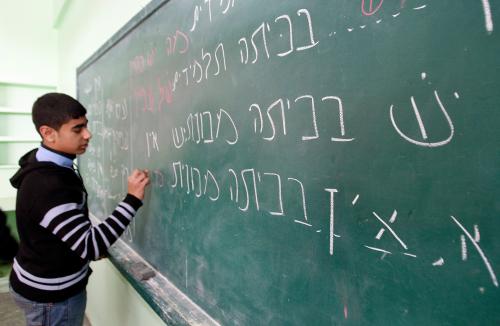
Rebecca Winthrop
April 7, 2014
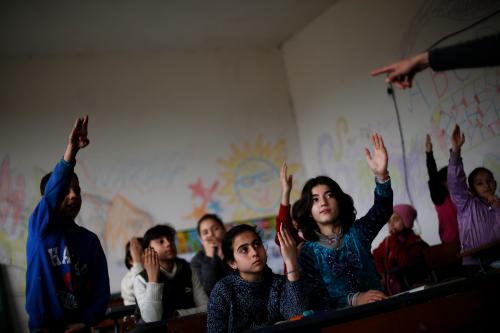
Julia Gillard
March 28, 2014
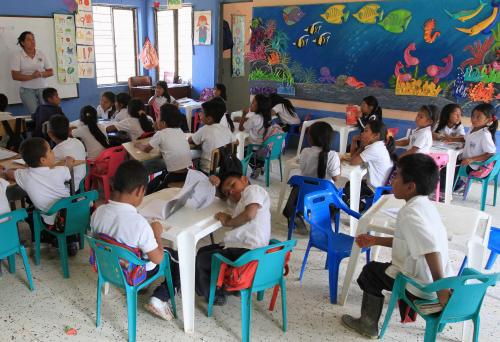
Maribel Soliván
January 23, 2014
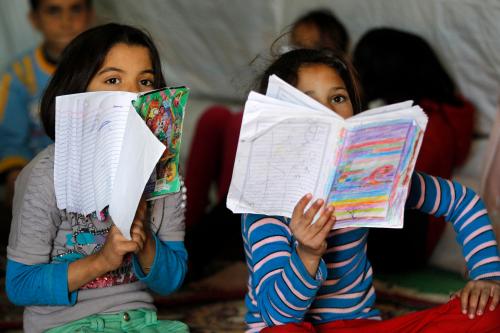
Adam Parker, Liesbet Steer
January 7, 2014
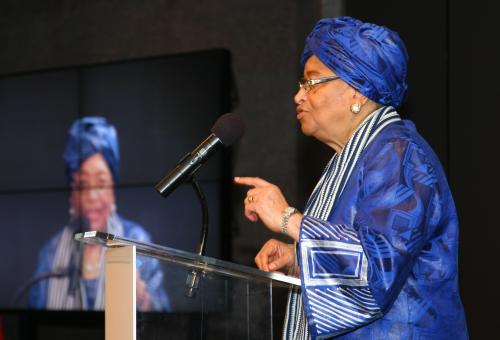
Rebecca Winthrop, Maribel Soliván
October 24, 2013
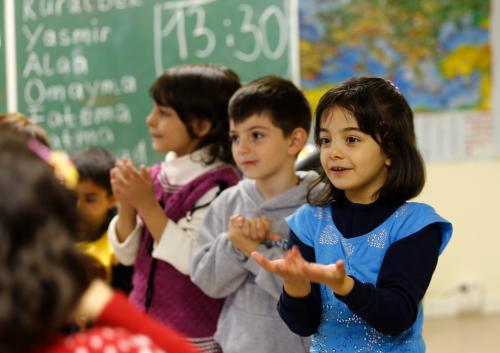
Allison Anderson, Kate Anderson, Maribel E. Soliván
September 17, 2013
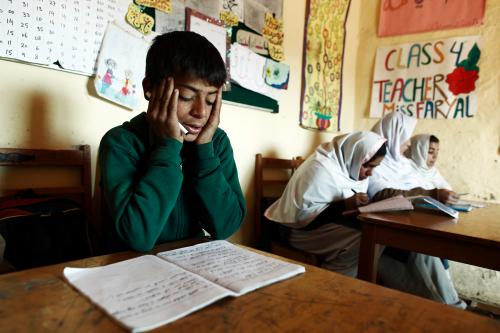
Rebecca Winthrop, Kate Anderson, Mari Soliván
March 8, 2013
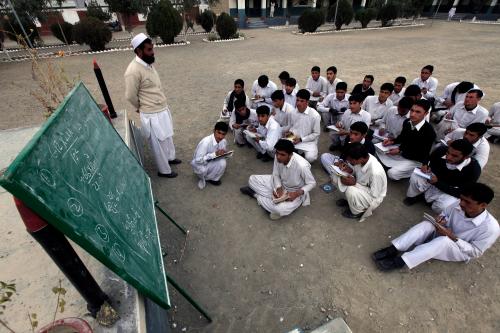
February 18, 2013
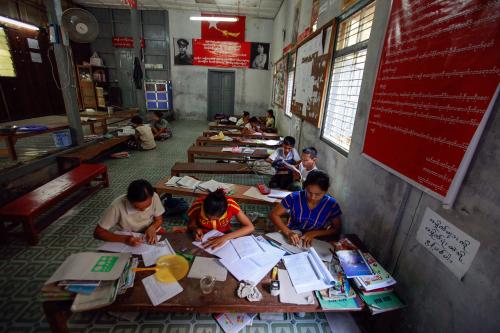
Allison Anderson, Mathias Weyessa, Urvashi Sahni
March 7, 2013
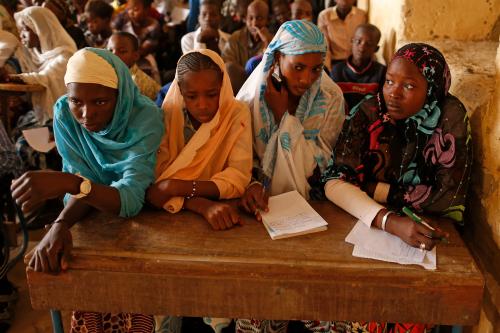
Allison Anderson, Amanda Gardiner
February 20, 2013
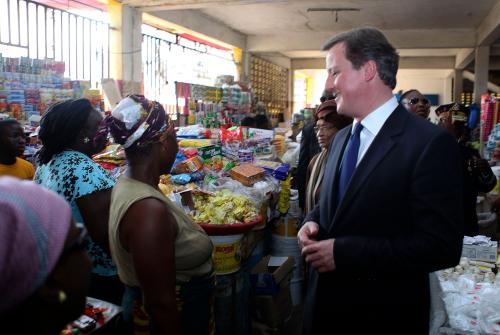
Allison Anderson
February 15, 2013
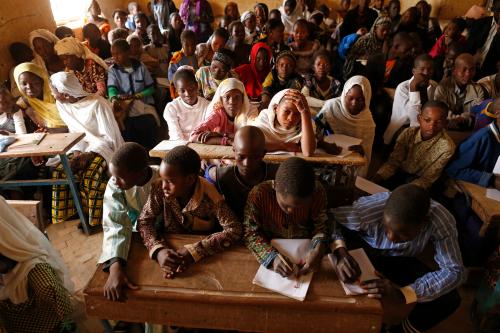
Jenny Perlman Robinson, Allison Anderson
February 8, 2013
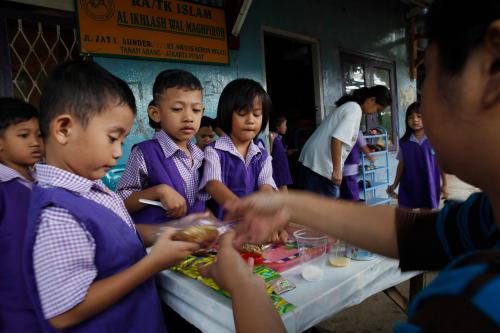
Rebecca Winthrop, Allison Anderson
January 18, 2013
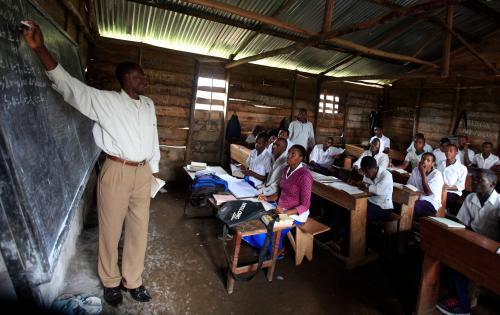
Rebecca Winthrop
December 19, 2012
MELQO is a consortium of individuals and institutions working to improve outcomes for young children by making early learning assessment more accessible around the world by developing two modules for assessing early childhood development. The ultimate aim is that countries are able to adapt the MELQO modules to their culture and context, and to embed the measurement process in existing system-wide monitoring and evaluation programs to improve early learning and development for all children.
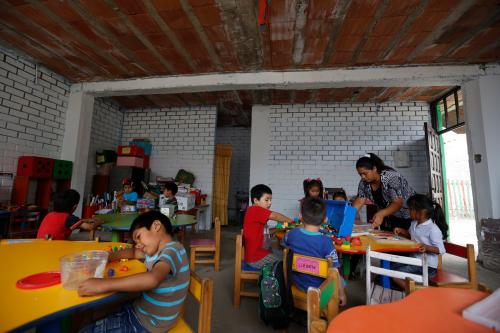
June 16, 2017
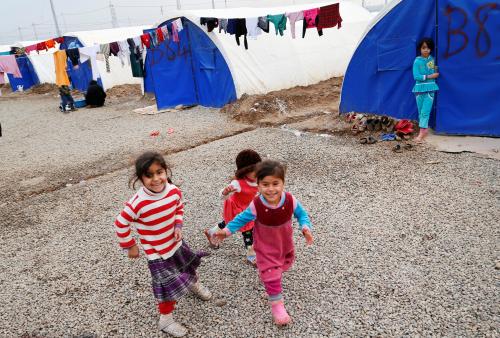
Kate Anderson, Abbie Raikes, Sunita Kosaraju, Alex Solano
April 27, 2017

Abbie Raikes, Kate Anderson, Tamar Manuelyan Atinc
November 17, 2014
Global Citizenship Education (GCED) is a strategy to help youth navigate the challenges presented by the diverse and interconnected world. CUE helped convene a GCED working group founded upon the LMTF’s recommendation that countries measure the demonstration of values and skills necessary for success in their communities, countries, and the world. The GCED report is the major outcome of this collaboration.

Kate Anderson, Jasodhara Bhattacharya
April 11, 2017

Tamika Abaka-Wood
May 11, 2015

David Crone, Chernor Bah
August 6, 2014

Kate Anderson, Rebecca Winthrop
April 15, 2014
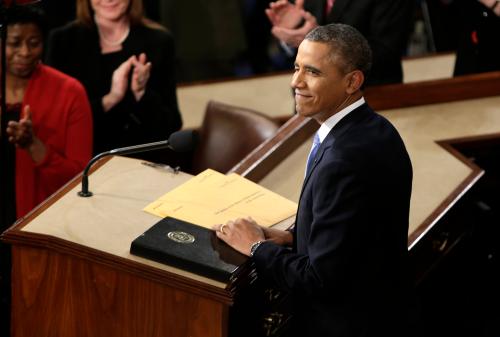
Allison Anderson
January 30, 2014
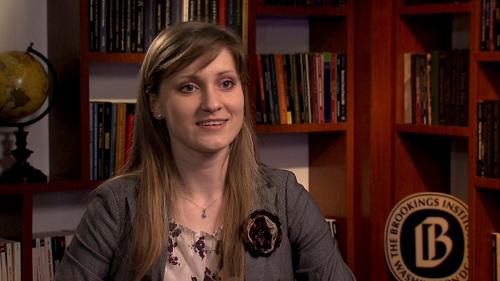
Jenny Perlman Robinson
May 23, 2013

Rebecca Winthrop, Kate Anderson, Mari Soliván
March 8, 2013
CUE and Educational International are using the LMTF seven domains of learning as an analytic foundation to investigate what learning opportunities are being offered to students in each of the domains. Together with an international working group, we are developing a set of tools that governments, teachers, and researchers can use to explore how a breadth of learning opportunities is being articulated at the national level and how that vision is delivered at the classroom level.
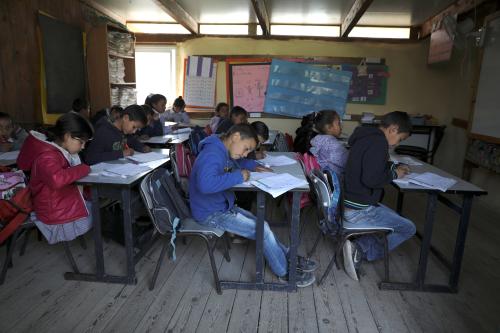
Kate Anderson, Seamus Hegarty, Martin Henry, Helyn Kim, Esther Care
February 23, 2018
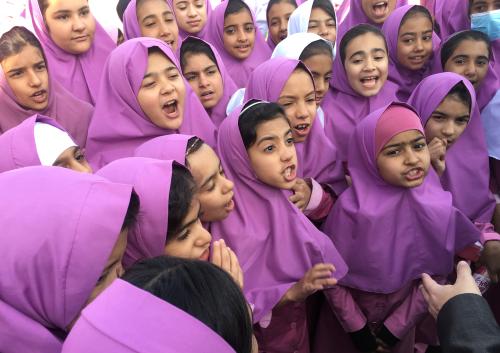
Fabiola Lara, Kate Anderson, Martin Henry, Seamus Hegarty
October 31, 2016
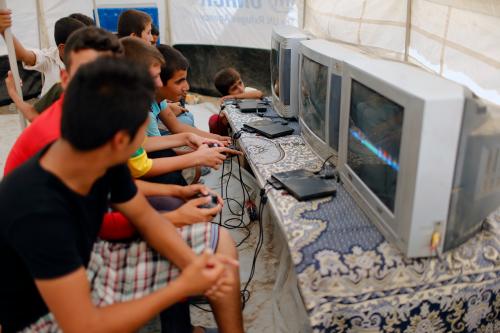
Esther Care, Kate Anderson, Renee McAlpin, Tyler Ditmore
May 27, 2016